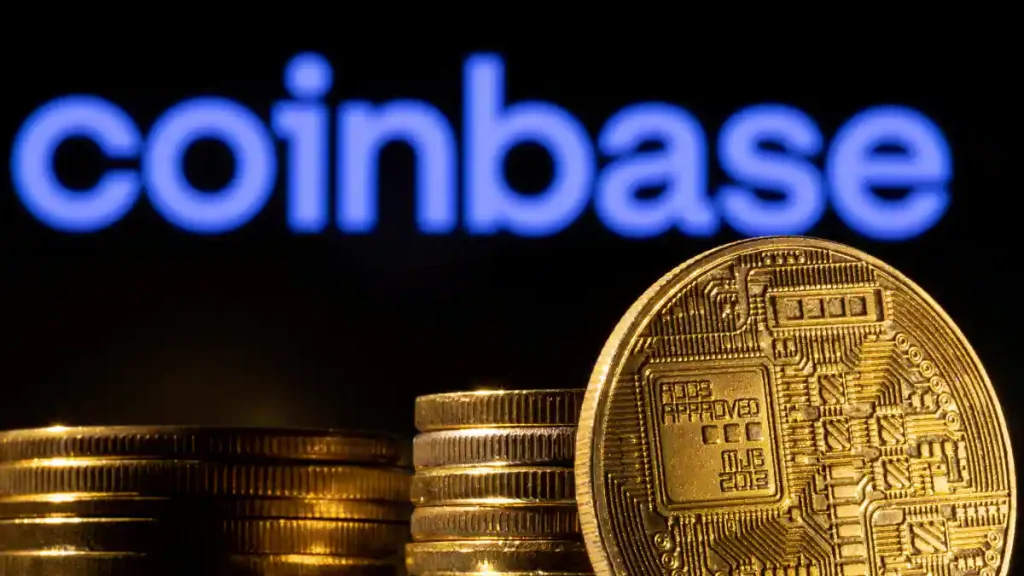Published
3 years agoon

It’s no secret that the US Securities and Exchange Commission (SEC) has been investigating Binance, the world’s largest crypto exchange. Despite operating without a formal head office or address, Binance handles a staggering $12 billion worth of cryptocurrency transactions daily.
In the recently filed charge sheet by the SEC in the District of Columbia, a series of 13 alleged violations of securities laws are listed. Remarkably, some of these violations bear resemblance to the issues that led to the dramatic collapse of FTX, another cryptocurrency exchange, causing widespread disruption throughout the industry.
Among other allegations, the SEC claims that Binance and the company’s CEO and founder, Changpeng Zhao, had the freedom to “divert customer assets as they please” to another Zhao-owned business, Sigma Chain—an entity the SEC accuses of engaging in “manipulative trading that artificially inflated the trading volume.”
The SEC also alleges that Binance and Zhao concealed the co-mingling of billions of dollars of customer assets, which were delivered to yet another third party, Merit Peak Limited, also owned by Zhao. In the case of FTX, customer assets are alleged to have been co-mingled and passed to a sibling company, Alameda Research, to finance trading activity and debt repayment, among other things.
“We allege that Zhao and Binance entities engaged in an extensive web of deception, conflicts of interest, lack of disclosure, and calculated evasion of the law,” SEC chair Gary Gensler said in a statement accompanying the charges. “The public should beware of investing any of their hard-earned assets with or on these unlawful platforms,” said Gensler.
In an email statement, Binance spokesperson Simon Matthews said the firm is “disappointed” with the SEC charges and attacked the regulator for failing to provide sufficient rules for crypto companies operating in the US—by now, a common refrain. He also said that all user assets across all Binance platforms are “safe and secure.” In a tweet published shortly after the SEC complaint, Zhao wrote “4”—a symbol he uses to dismiss allegations made against his company as baseless FUD (shorthand for fear, uncertainty, and doubt).
But as dramatic as the charges seem, industry players were far from shocked. “No one who operates in the space will be surprised by any of the charges,” says Cory Klippsten, CEO at rival trading platform Swan Bitcoin.
Founded by Zhao in 2017, Binance experienced rapid growth by prioritizing low fees, diverse crypto assets, and advanced investment offerings. However, the exchange has long faced strained relations with regulatory bodies.
Due to US regulations prohibiting the sale of crypto derivatives, Binance established a separate, more restricted service known as Binance.US. The SEC alleges that Binance deliberately sidestepped geo-restrictions, enabling US users to trade on its international platform, effectively treating both platforms as a single entity without proper safeguards for their independence. This allegation echoes similar claims previously made by the Commodities and Futures Trading Commission (CFTC).
Additionally, the SEC accuses Binance of providing misleading information to investors regarding risk controls aimed at preventing manipulative practices such as “wash trading.” The complaint asserts that wash trading was prevalent on Binance.US, where crypto assets were systematically traded in a circular manner between a small number of accounts, artificially inflating demand, and potentially influencing prices.
The allegations against Binance are “very serious,” says Aaron Kaplan, a securities attorney, who adds that if proven they demonstrate a “complete lack of internal risk management and controls necessary to operate a business that handles billions of dollars of customer funds.” The likely outcome, he says, is that Binance will be pressured into ceasing operations in the US.
Some experts speculate that there could be consequences for Binance’s top leadership. John Stark, who served for 18 years as an attorney at the SEC, says this initial complaint, despite being lengthier and more extensive than any he composed while working at the agency, may still only be the “tip of the iceberg.”
Gary Gensler, the regulatory chair of Wall Street, has displayed a resolute commitment to imposing regulations on the cryptocurrency industry. His recent actions have underscored this determination.

The SEC has initiated a legal battle by leveling a series of charges against another prominent cryptocurrency exchange, Coinbase. The federal regulator alleges Coinbase operated its crypto asset trading platform as an unregistered national securities exchange and broker. This move holds significant implications for the future trajectory of cryptocurrencies as it unfolds.
The SEC also alleges at least 13 crypto assets that Coinbase made available to customers, including Solana and Cardano’s tokens, qualify as “crypto asset securities,” according to the complaint.
What does the SEC Want?
The Wall Street regulator is asking the court to side with it that Binance doesn’t have a license to operate in the US. This will result in an injunction that would make it hard for Binance to do business in the US, where the firm is currently offering its trading services.
The SEC is also seeking unspecified fines against the platform. In the meantime, the regulator is seeking a temporary restraining order to freeze Binance’s US assets and repatriate some foreign assets in the US.
There is an argument that this fight is good, or at least it will be constructive — in that it is likely to lead to more clarity about regulations. “This is an industry that I think can be characterised by a lack of transparency,” Giagola says. “There’s not a lot transparency.”
It’s not just the courts that may help define the future of cryptocurrencies. Coinbase and other crypto companies, as well as the SEC, want Congress to get involved by passing laws for the sector, though action from lawmakers may take a while.
What this means for the crypto world
The repercussions for the cryptocurrency industry are significant. The lawsuits targeting Coinbase and Binance have the potential to generate substantial uncertainty and undermine confidence in the entire sector.
The SEC’s actions have not been limited to these two exchanges, as they have also taken action against other crypto companies like Kraken, Genesis, and Gemini. However, what sets Coinbase and Binance apart is their dual role as both exchanges and brokerages/clearing agencies. This unique model, uncommon in traditional finance, has drawn skepticism from Gary Gensler.
Nevertheless, the journey towards achieving this is expected to be complex and fraught with challenges.


Ayatollah Khamenei confirmed killed, as Tehran promises retribution


USA and Israel attack Iran, plunging Middle East into chaos


Union Budget 2026: The verdict from the Boardroom is in


Union Budget 2026: All the key announcements made by the FM


Maharashtra Deputy Chief Minister Ajit Pawar passes away after plane crash near Baramati


Deepinder Goyal resigns as Eternal CEO; Blinkit’s Albinder Dhindsa to take the helm

